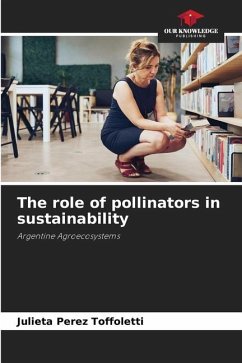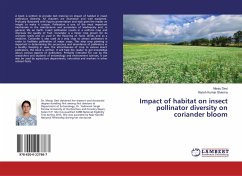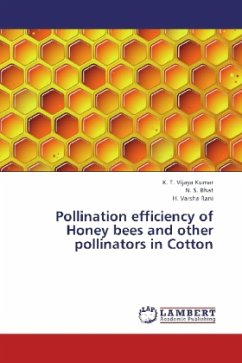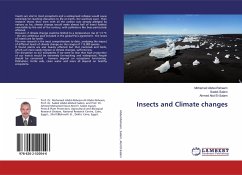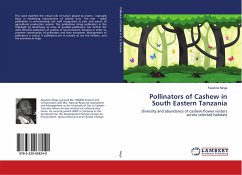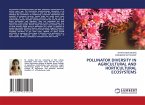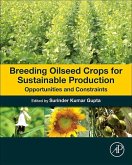The aim of this Final Project is to determine the role of pollinators in agroecosystems, to demonstrate the need to enhance their ecological service and to list possible strategies to favour them in Argentinean agroecosystems, through an agroecological approach. It is currently recognised that pollination is essential for biodiversity in agroecosystems. The benefits of pollination include: its contribution to food security, increased horticultural production, seed production and genetic diversity of plants, genetic improvement in forage species, increased quality and economic value of agricultural production, and the reinforcement of adaptation to the changing environment. There are ecological conditions that affect the development of pollinator populations. In Argentina, changes in land use, large extensions of monoculture and the high use of agrochemicals impoverish the abundance and diversity of pollinator populations. From an agroecological approach, various strategies can bedeveloped to favour the conservation, abundance and diversity of pollinators in agroecosystems.
Bitte wählen Sie Ihr Anliegen aus.
Rechnungen
Retourenschein anfordern
Bestellstatus
Storno

